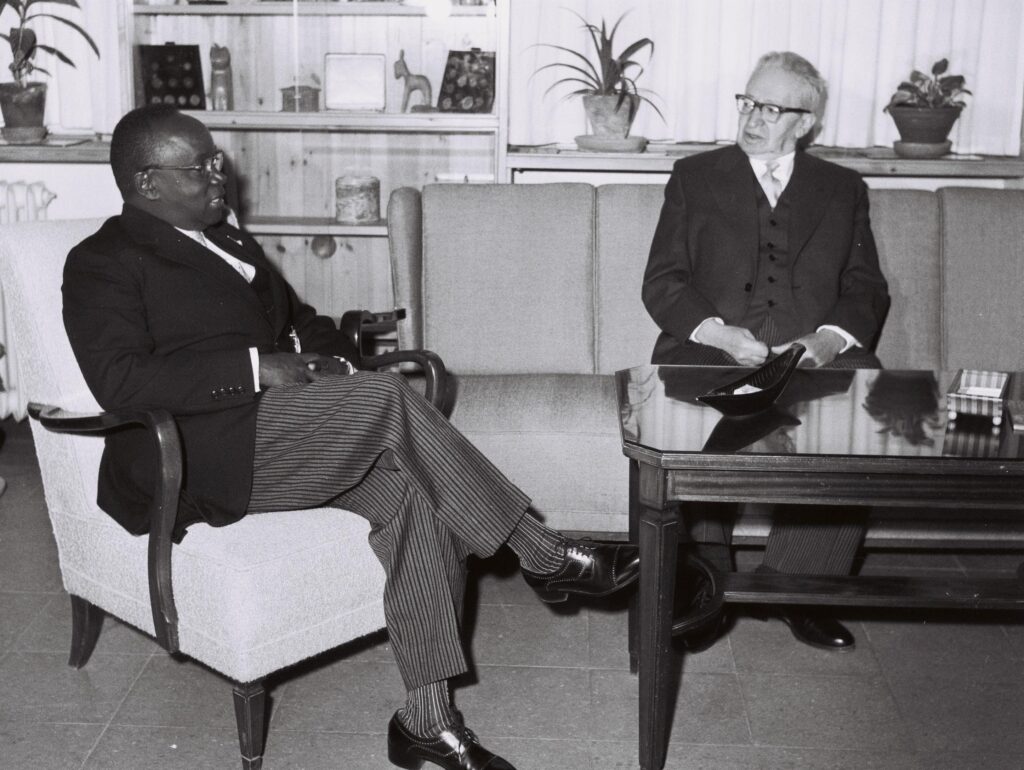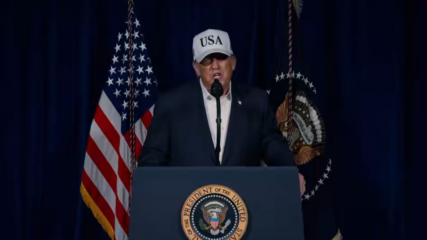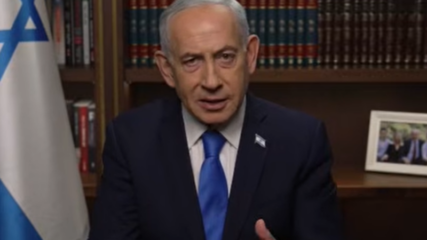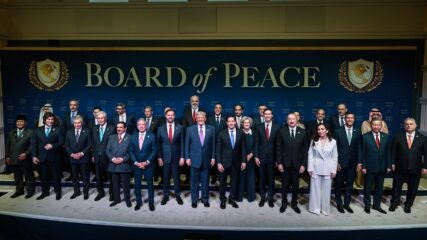December 10, 1952
At the end of the traditional 30-day mourning period for Israel’s first president, Chaim Weizmann, Yitzhak Ben-Zvi is inaugurated as president in a Knesset ceremony. Ben-Zvi, 68, was elected by the 120-member Knesset on Dec. 8 on the third ballot, receiving 62 votes to defeat Rabbi Mordechai Nuroc, who received 42 votes, and Yitzhak Gruenbaum, who received five. The third ballot was necessary because no candidate reached the necessary 61-vote majority in the first two rounds.
Entering the Knesset as two shofars are blown, Ben-Zvi is sworn in by Knesset Speaker Yosef Sprinzak. “I, Yitzhak, the son of Zvi Ben-Zvi, pledge my loyalty to the State of Israel and its laws and faithfully to fulfill my duties as president of the state.” After delivering a speech in which he praises his predecessor, the new president departs for a review of a parade in his honor.
Ben-Zvi was born in Ukraine and made aliyah in 1907. He became one of the leaders of the Poalei Zion (Workers of Zion) Party and early labor movements in the Yishuv. He was active in Jewish self-defense and was one of the founders of both Bar Giora and Hashomer, groups of defenders and guards for Jewish settlements.
He held leadership positions in many of the early political and social organizations, including serving as chairman of the Va’ad Leumi (the Yishuv Executive Committee) in 1931 and as its president in 1945. A delegate to many Zionist Congresses, he went on public missions to countries of the Middle East including Egypt, Syria, Lebanon, Iraq and Persia (Iran) in 1935 and visited most European countries to promote the Yishuv and Zionist causes. He signed the Declaration of Independence in May 1948.
Shortly after Weizmann died, Prime Minister David Ben-Gurion reached out to Albert Einstein to see if he would be interested in becoming president. After being turned down by the physicist, Ben-Gurion and other leaders in Mapai supported Ben-Zvi’s candidacy.
Ben-Zvi serves three terms as president, dying in office in April 1963.









